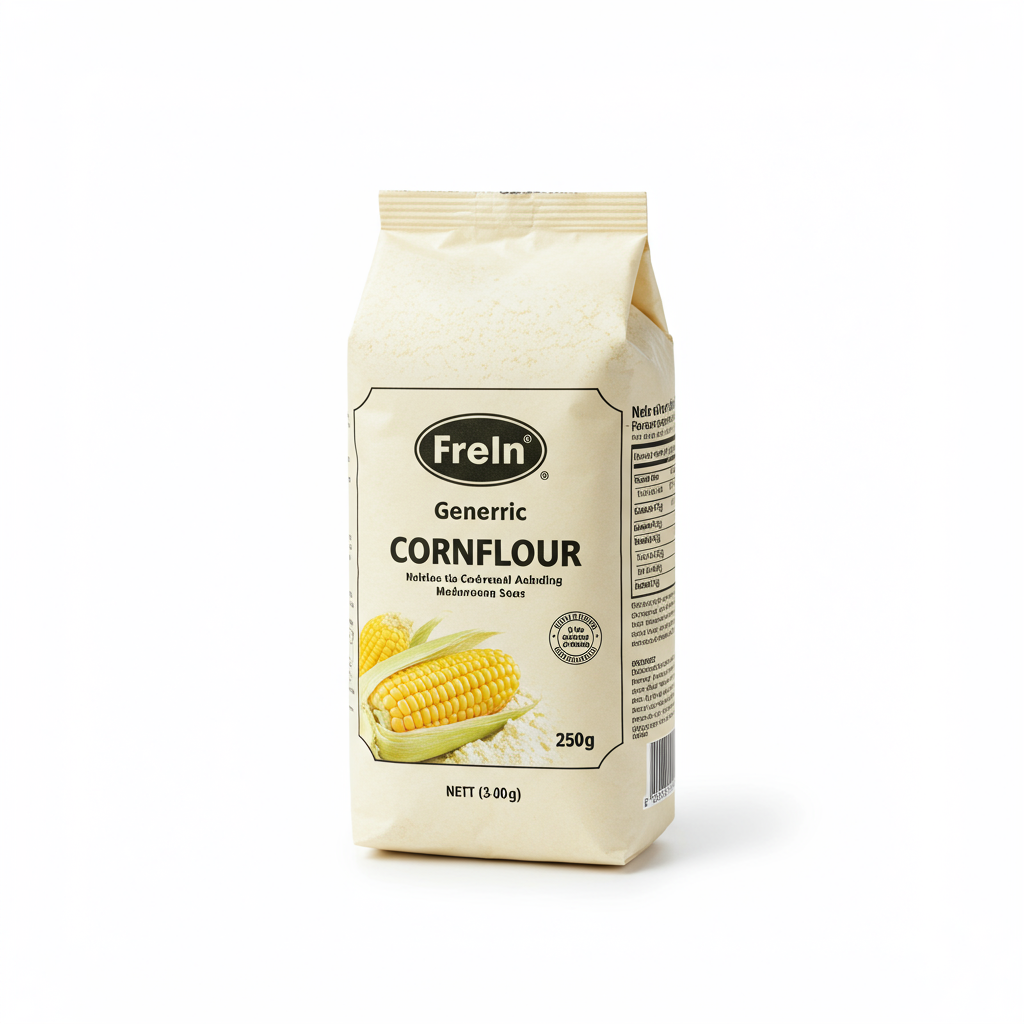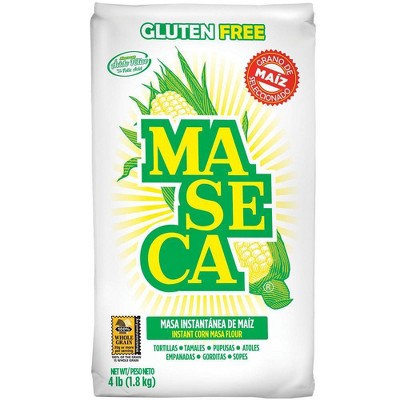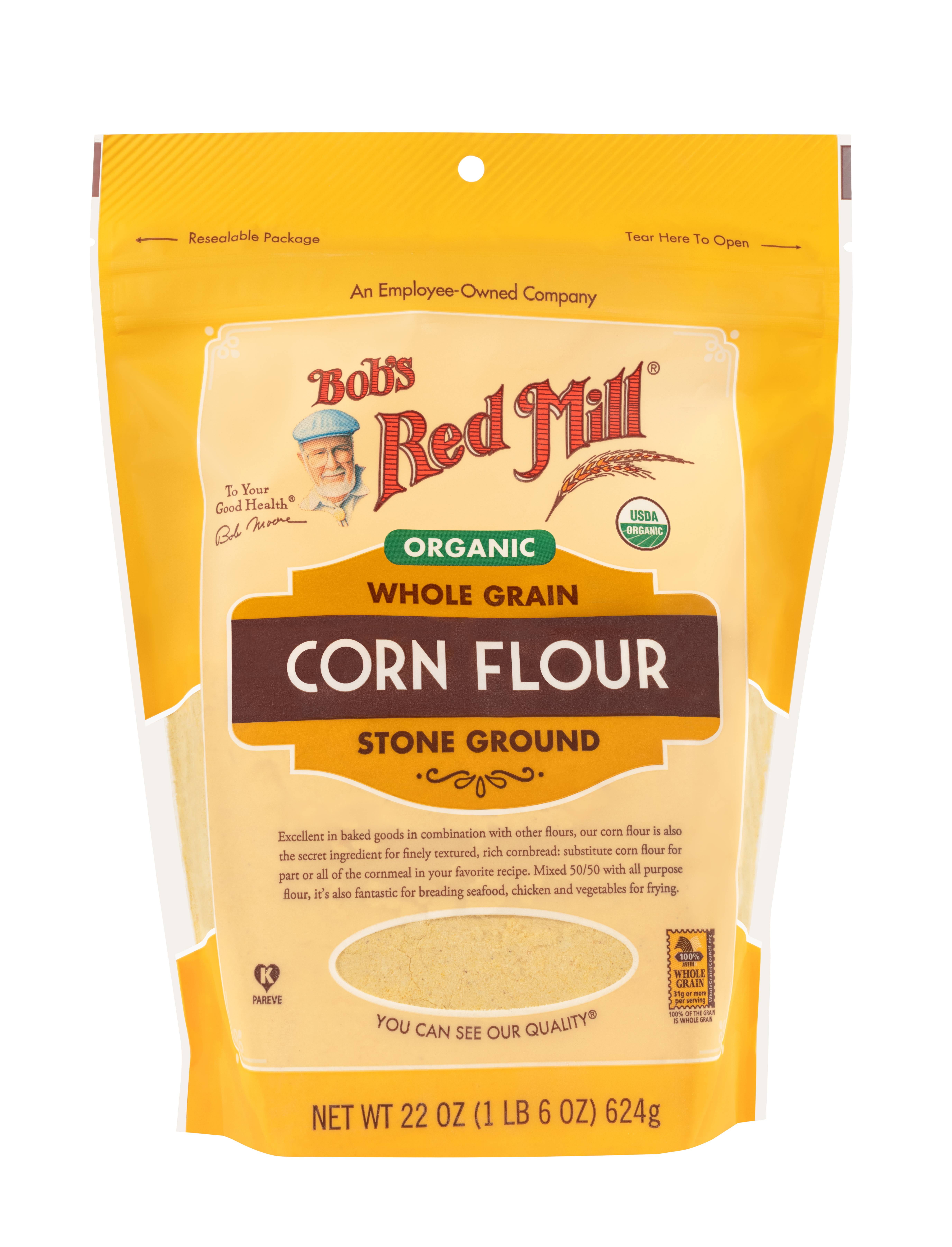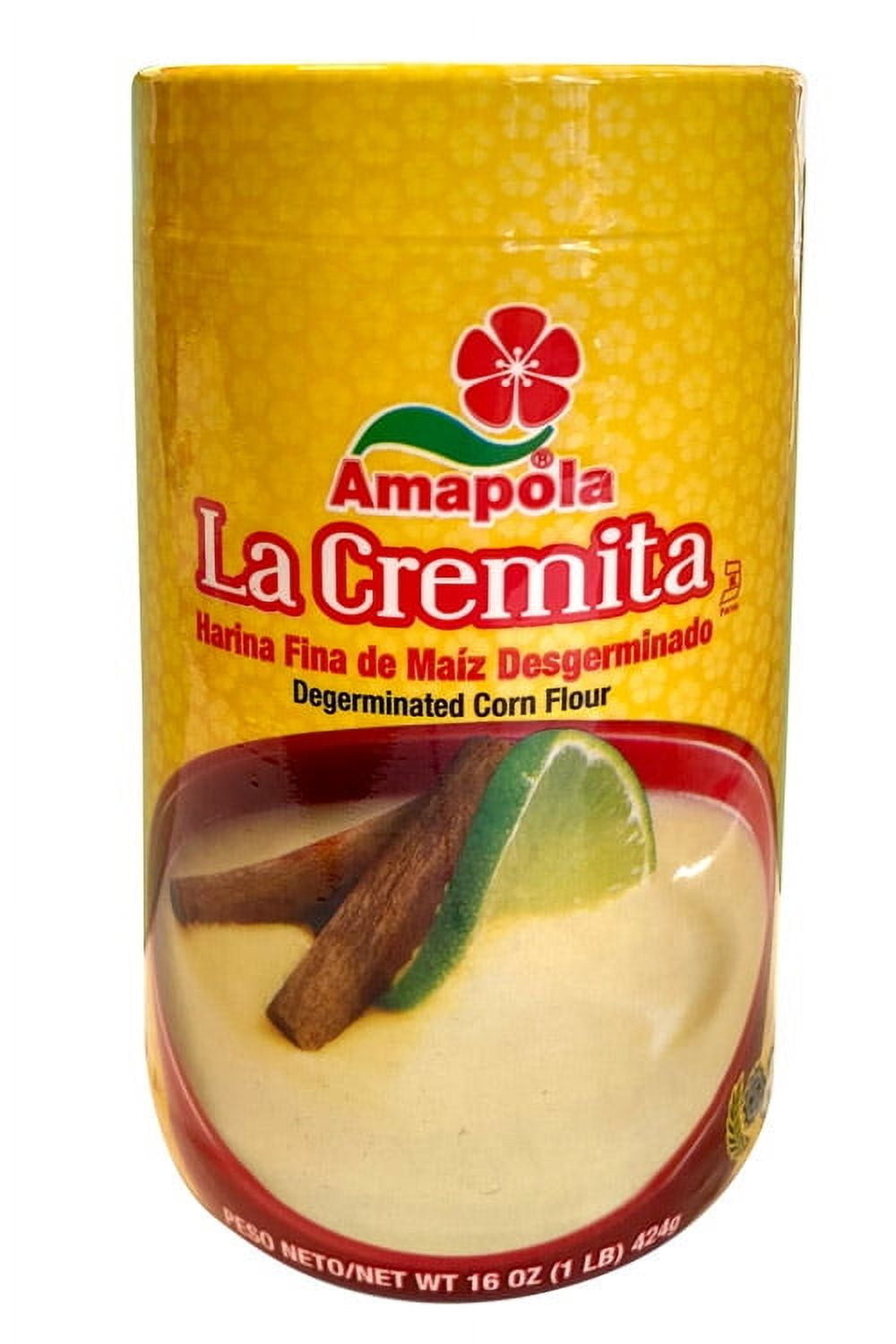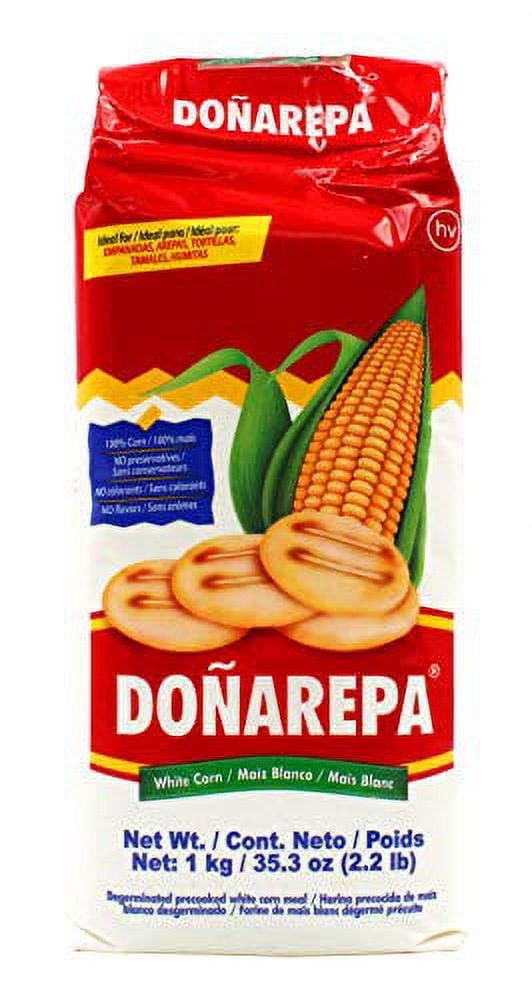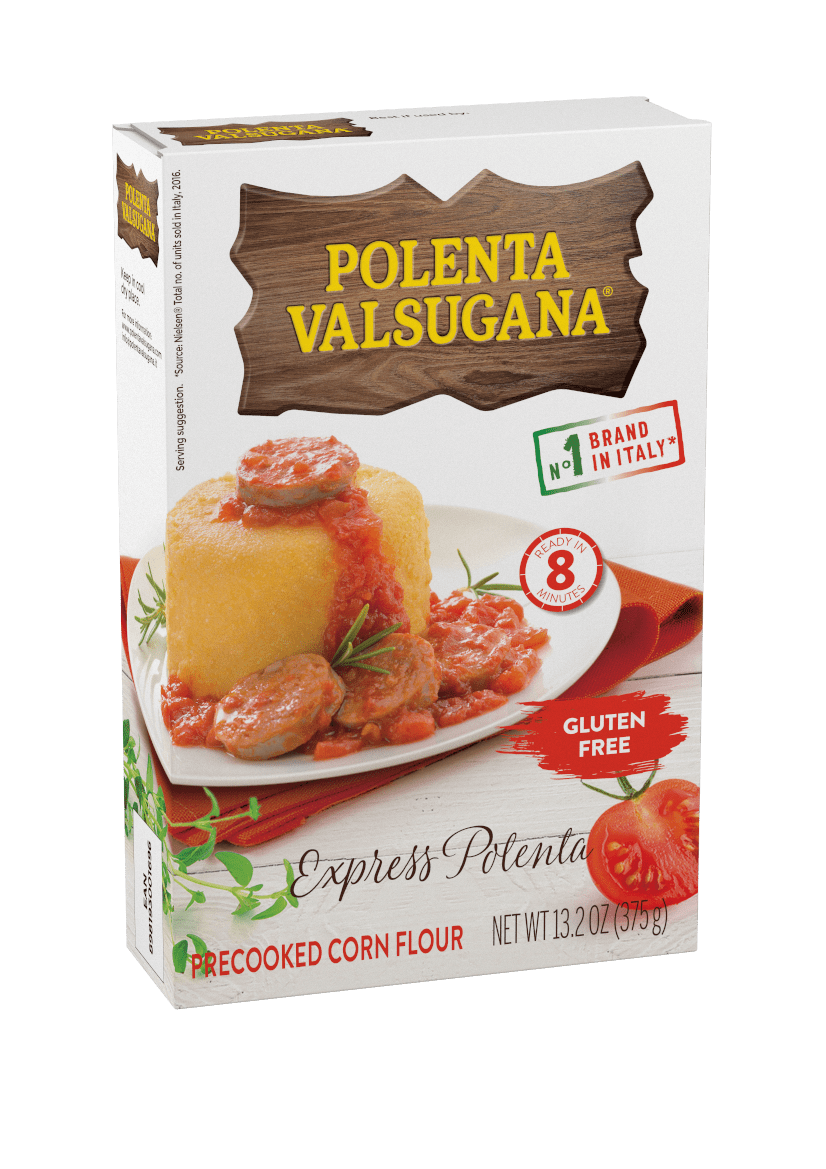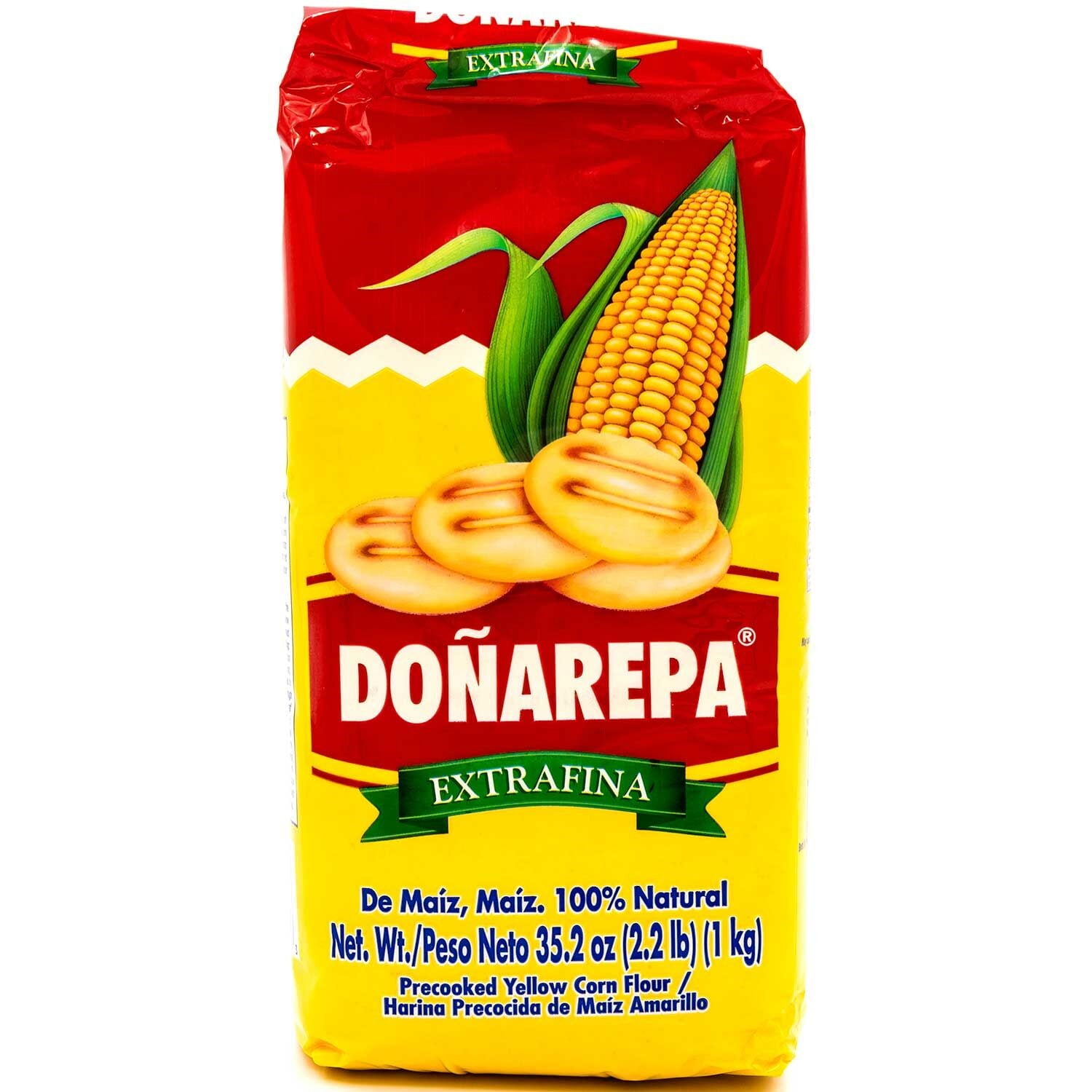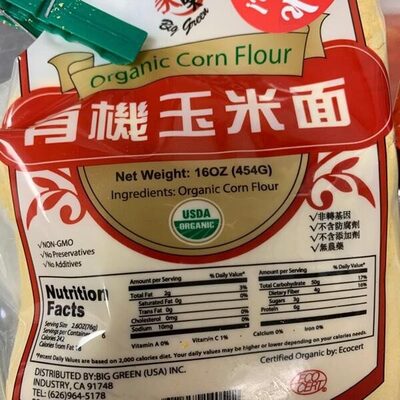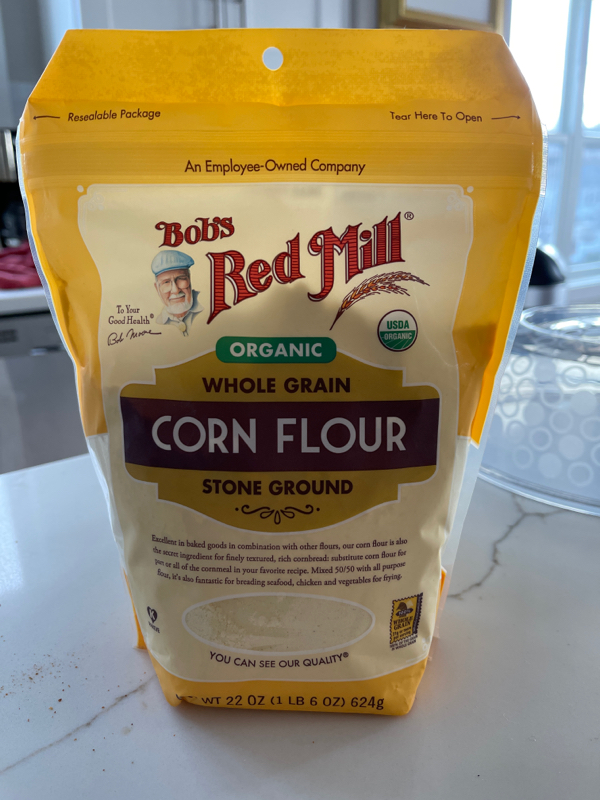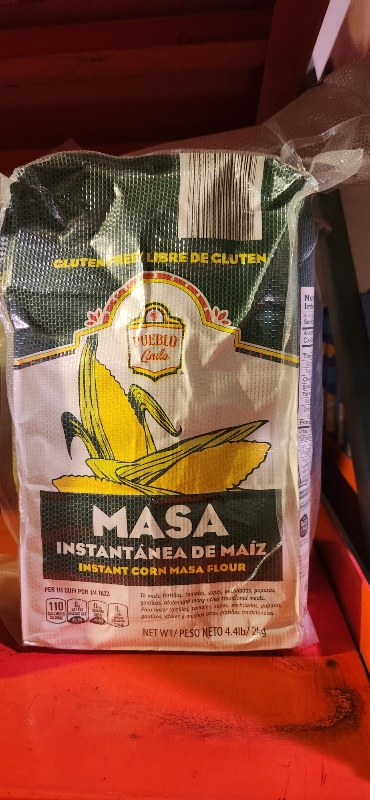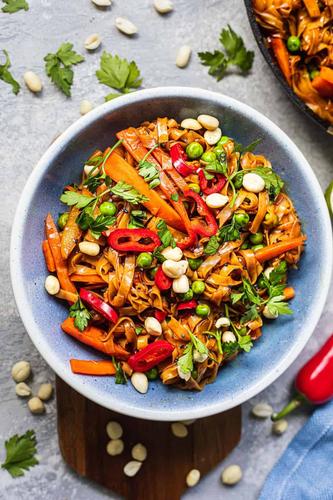BREADS
SOUPS
DESSERTS
Corn Flour
Corn flour, a versatile and gluten-free alternative to traditional wheat flour, is produced by finely grinding the endosperm of dried corn kernels. Commonly used in various cuisines across the globe, it varies in color, such as yellow or white, depending on the type of corn used. Its fine texture makes it a popular choice of ingredient in the preparation of dishes like cornbread, tortillas, and pancakes.
Aside from its culinary applications, corn flour offers a range of health benefits. It is rich in dietary fiber, essential vitamins, and minerals, thereby making it a nutritious option for home cooks looking to enhance the nutritional value of their meals.
88%
CARBS
4%
FAT
8%
PROTEIN
146 Corn Flour Products
Maseca Gluten Free Corn Flour
Bob's Red Mill Organic Corn Flour
Bob's Red Mill Gluten Free Corn Flour
La Cremita Amapola Harina Fina de Maiz
Donarepa Corn Flour White, Precooked, Extrafina
Precooked Corn Flour
Donarepa Corn Flour, Yellow, Precooked
Big Green Organic Corn Flour
Whole Grain Corn Flour
Corn Flour
Used In 46 Recipes
1
Quickfire Honey Teriyaki Beef Stir-Fry
4
Honey Garlic Glazed Chicken Cubes with Jasmine rice
5
Crispy Zinger Style Chicken Burgers
3
Golden Glazed Pork Stir-Fry with Fragrant Rice
2
Savory and Sweet Chinese Glazed Pork with Rice
2
Tropical Pineapple & Chicken Glaze
2
Easy Vegan Pad Thai
12
Sweet And Sour Chickpeas And Green Beans
Corn Flour Is Frequently Used With
Corn Flour FAQ
When it comes to cooking with corn flour, the most common problems people face are knowing the right ratio to use, uncertainty about when to use corn flour versus other types of flour, and how it affects the taste and texture of dishes. Corn flour, being fine-grained, can often cause a dish to be dense if not combined properly with other ingredients. Its distinctive taste also means that it may not work well in dishes that don't traditionally call for corn flour.
To get the most out of corn flour, it can be used to create gluten-free versions of your favorite baked goods, to thicken sauces, or to make homemade tortillas or cornbread. Its high-fiber content also makes it a healthy ingredient to incorporate into meals.
It's best to remember that corn flour often needs to be combined with other ingredients to create a balanced texture in dishes. Another useful tip is that corn flour can also be used as a substitute for egg in vegan baking when combined with water.
Can I use corn flour as a substitute for all-purpose flour?
Can I use corn flour to thicken sauces?
Is corn flour the same as cornstarch?
Is corn flour gluten-free?
Can corn flour be used in gluten-free baking?
Why does my dish taste gritty when I use corn flour?
Why is my corn flour dish dense?
Can corn flour be used as a vegan egg substitute?
Do I need to adjust the amount of liquid in a recipe when using corn flour?
What kind of recipes is corn flour used for?
Expiration & Storage Tips
When does corn flour expire?
Unopened packages of corn flour have a shelf life of about a year from the date marked on the package, provided it is stored properly. Once the package has been opened, the corn flour can last anywhere between six to eight months. Storing opened corn flour in the refrigerator can possibly extend its shelf life to about a year. Alternatively, if you decide to freeze it, corn flour can then last for up to two years without losing its quality.
How do you tell if corn flour is bad?
Discovery of bugs, larvae, or webs indicate an infestation, and the product must be discarded immediately. A change in the color, a musty smell, or a change in the texture can also suggest that the corn flour might be bad. Always check the corn flour carefully before usage, especially if it’s been stored for a long period.
Tips for storing corn flour to extend shelf life
• Keep the corn flour in a cool, dry place away from humidity.
• After opening, the flour should be stored in an airtight container or bag.
• If you notice moisture in the flour, make sure to transfer it to the refrigerator to prevent mold growth.
• Label your containers with the date of storage to keep a check on the shelf life.
• For longer storage, consider freezing the corn flour in a heavy-duty freezer bag. Remember to bring it back to room temperature before usage.
EXPIRES WITHIN
10 - 14
MONTHS
Substitutes

Rice Flour

Tapioca Flour

Potato Flour

Cornmeal

White Cornmeal

Yellow Cornmeal

Arrowroot Powder

Cornstarch

Brown Rice Flour

Potato Starch
See All
Health Info
Macros
76g
CARBS
3g
FAT
6g
PROTEIN
Allowed on these diets
LOW FAT
HIGH CALCIUM
VEGETARIAN
MEDITERRANEAN
LOW CARB
VEGAN
LACTOSE FREE
GLUTEN FREE
